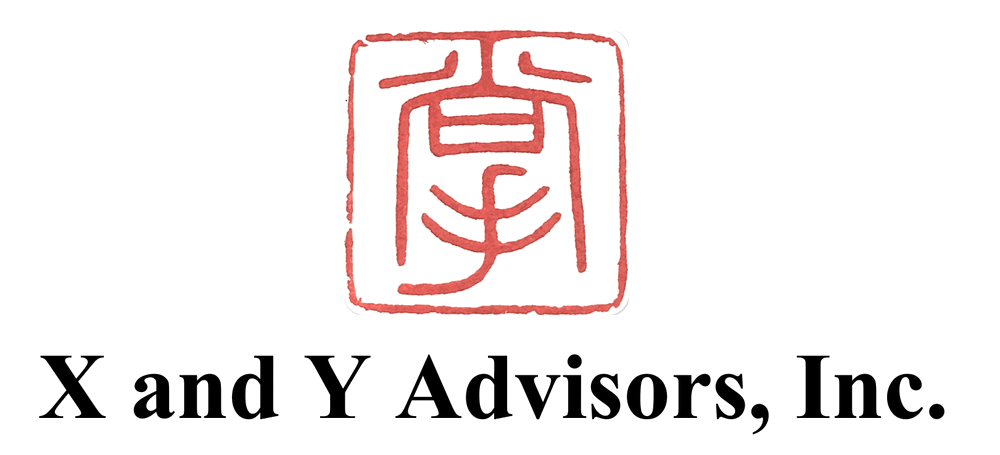Dimensional Fund Advisors, one of our strategic partners, recently created a great piece of content for advisers like us to educate our clients. It lists 10 questions regular investors in the U.S. should ask themselves before investing, especially in the public market. The key takeaway fully aligns with our investment philosophy at X and Y Advisors, Inc. Focusing on what you can control including your financial goals, the cost of investing and your investing behavior could lead to a better investment experience and potentially a better result. Instead of only sharing with my clients, I would like to post this well-written article here and hope it would benefit all of you. Enjoy reading!
How To Create An Investment Plan?
Unlike a comprehensive financial plan which covers so many topics and can easily take an experienced professional many hours to create, an investment plan for a regular investor is relatively straightforward. This week I will give you some general guidance on how to create a simple investment plan for yourself. For people having someone managing their investments, it could also help you evaluate your current plan and see whether you are getting the knowledge and service you are paying for.
Tax Preparation VS. Tax Planning
Many people expect to save the most amounts of taxes by hiring a professional to prepare their tax return. However, you may be surprised to learn that you could probably get some additional tax savings after your professional tax preparer’s work. Recently, a fellow fee-only financial planner shared a story with us. He reviewed five tax returns prepared by an experienced CPA, and he was able to find extra tax saving opportunities from four out of the five tax returns. Other advisors and I also have the same experience. This week, I am going to explain the difference between tax preparation and tax planning, and how to get some real comprehensive tax planning advice.
PFIC: Why You Probably Do Not Want To Invest Funds Outside The U.S.
There are so many great companies and investment opportunities outside the U.S. If you read the article I shared on my blog before, you would know that I am a big fan of global investment. However, when it comes down to selecting investment companies and vehicles, you probably do not want to choose the ones organized outside the U.S. Without considering any potential country-specific currency risk, inflation risk, political risk, or liquidity risk, the most significant hurdle that the U.S. investors are facing is the punitive federal income tax treatment imposed by the IRS.
For those who currently have investment accounts in other countries, you could check out my previous blog here to figure out whether you need to report it and how to report it to the government.
This week, I will help you get some basic understandings of what investments are subject to the punitive income tax treatment, how bad the tax treatment is, and what you could do to make it less bad.


